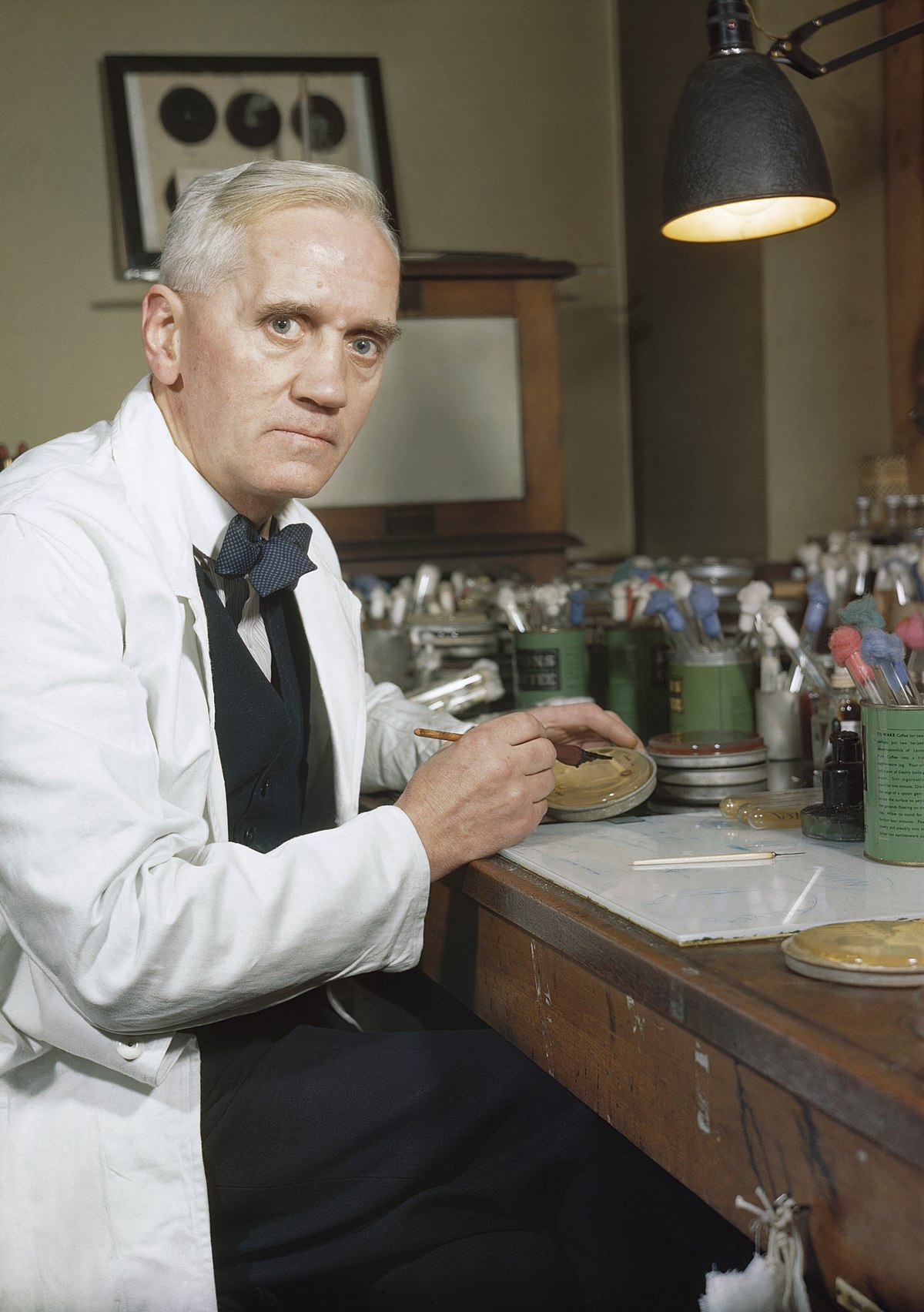Why was Alexander Fleming Awarded the Nobel Prize for Physiology or Medicine in 1945?
Alexander Fleming: Nobel Laureate for the Discovery of Penicillin (1945)
Alexander Fleming, a Scottish bacteriologist, made one of the most significant medical discoveries of the 20th century that revolutionized medicine and saved countless lives. Renowned for his pioneering research on the antibacterial properties of penicillin, Fleming played a pivotal role in the development of antibiotics. In recognition of his exceptional work, he was awarded the Nobel Prize for Physiology or Medicine in 1945. This article explores the reasons behind Fleming’s prestigious honor and highlights his remarkable scientific breakthroughs.

The Discovery of Penicillin:
Alexander Fleming’s Nobel Prize was primarily awarded for his accidental discovery of penicillin in 1928. While working at St. Mary’s Hospital in London, Fleming noticed a peculiar phenomenon in one of his culture dishes containing Staphylococcus bacteria. He observed that mold had accidentally contaminated the culture, and to his surprise, the bacteria surrounding the mold failed to grow.
Curious about this observation, Fleming identified the mold as Penicillium notatum and deduced that it must produce a substance with antibacterial properties that inhibited the growth of bacteria. This accidental discovery marked the beginning of the era of antibiotics and paved the way for the development of life-saving medicines.
Impact on Medicine:
Alexander Fleming’s discovery of penicillin had a profound impact on the field of medicine. The antibacterial properties of penicillin were found to be highly effective against various bacterial infections, including life-threatening conditions like pneumonia, sepsis, and wound infections.
The introduction of penicillin as the first antibiotic revolutionized the treatment of infectious diseases. Before penicillin, bacterial infections were a major cause of morbidity and mortality, with limited effective treatments available. Penicillin’s arrival dramatically improved patient outcomes and became a cornerstone of modern medicine.
Development of Antibiotics:
Fleming’s discovery of penicillin opened the door for further research into antibiotic development. Scientists worked tirelessly to purify and produce penicillin in sufficient quantities for medical use. The task of mass-producing penicillin during World War II was a critical effort that saved countless lives of soldiers and civilians alike.
Penicillin’s success spurred the development of other antibiotics, expanding the arsenal of medical treatments against bacterial infections. The subsequent discovery and production of antibiotics like streptomycin, tetracycline, and erythromycin marked significant milestones in medical science, further transforming the field of medicine.
Recognition and Legacy:
Alexander Fleming’s Nobel Prize in 1945 celebrated his exceptional scientific achievements and the transformative impact of his discovery. His accidental finding of penicillin revolutionized medical practice and laid the foundation for the development of life-saving antibiotics.
Fleming’s work inspired generations of researchers to explore the potential of antibiotics and other antimicrobial agents. His legacy continues to shape the field of medicine, guiding ongoing efforts to combat bacterial infections and improve global health.
Alexander Fleming’s Nobel Prize in 1945 honored his pioneering contributions to the field of medicine and his pivotal role in the discovery of penicillin. His accidental observation of the antibacterial properties of penicillin heralded a new era in medicine, leading to the development of antibiotics that have saved countless lives worldwide.
Fleming’s discovery continues to be a testament to the power of scientific curiosity and serendipity in uncovering life-changing breakthroughs. His work serves as a reminder of the transformative impact that dedicated researchers can have on the field of medicine, improving human health and well-being on a global scale.




